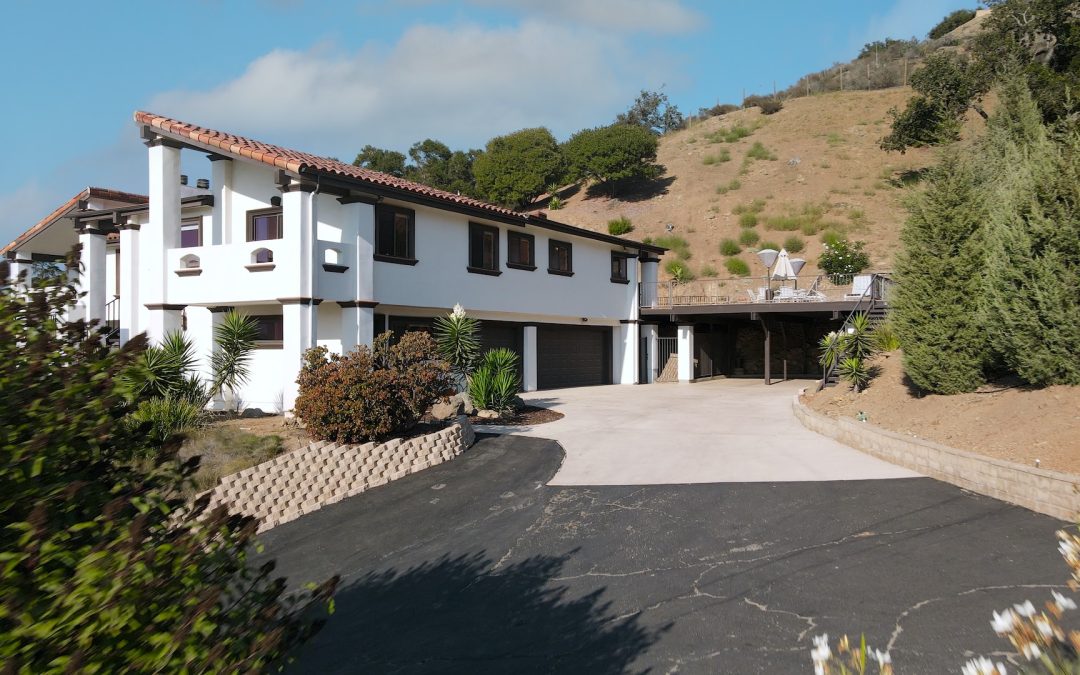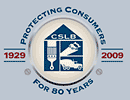When it comes to choosing a suitable material for your driveway, two options typically dominate the conversation: asphalt and concrete. Both materials have their unique strengths and weaknesses, and the ideal choice largely depends on factors such as climate, maintenance requirements, aesthetics, and, of course, your budget. As a property owner, you may be wondering which option is the right fit for your needs and location.
At Todd Heldt Excavating, Inc., our team of experts specializes in asphalt driveways, paving, grading, and road construction for residential and commercial clients across the region. Although our primary focus is on asphalt, we understand the importance of making an informed decision when it comes to selecting the most suitable driveway material for your project. In this blog post, we will provide a comprehensive comparison of asphalt and concrete driveways, discussing important factors such as cost, durability, and maintenance that can help guide your decision-making process.
Ultimately, your driveway should be a beautiful, functional, and long-lasting asset to your property. By exploring the key differences between asphalt and concrete driveways, you can be better equipped to choose the best material for your specific needs and preferences, creating a visually appealing addition to your home or business that serves you well for years to come.
Cost Comparisons: Evaluating the Initial Investment
One of the primary factors to consider when choosing between an asphalt and concrete driveway is the upfront cost associated with each material. Let’s break down some of the key cost differences between these two popular options:
1. Asphalt Driveways: Asphalt driveways are generally less expensive to install than concrete driveways, making them a cost-effective solution for many homeowners in Granite Bay, Roseville, and Sacramento. The lower cost of asphalt is due in part to the materials used, as well as the typically quicker installation process, which can save on labor expenses.
2. Concrete Driveways: Concrete driveways tend to be more expensive on the front end, mainly due to the higher cost of materials and the labor-intensive installation process. However, this initial investment can be offset by the long-term benefits and durability of a concrete driveway over time.
It’s important to note that pricing can vary depending on the size and complexity of your driveway project, as well as regional factors and specific contractor rates.
Durability and Climate Considerations: Assessing Longevity and Performance
Another critical aspect to consider when choosing between an asphalt and concrete driveway is each material’s durability, particularly in relation to the climate in your region:
1. Asphalt Driveways: Asphalt is a highly durable material that can flex and adapt to changing temperatures, making it ideal for regions with fluctuating weather conditions. Additionally, asphalt driveways are resistant to the formation of cracks due to their flexibility. However, asphalt surfaces can become soft and more susceptible to damage in extreme heat.
2. Concrete Driveways: Concrete driveways offer excellent durability and can often last longer than asphalt surfaces with proper care and maintenance. However, they may be more prone to cracking in areas with frequent freeze-thaw cycles, as the rigid structure of concrete can be less forgiving to temperature fluctuations.
When evaluating the durability of both asphalt and concrete driveways, it’s essential to consider the specific weather conditions and climate of your area to ensure optimal long-term performance.
Maintenance and Repair Requirements: Ensuring a Long-Lasting Driveway
Regular maintenance and timely repairs are crucial for prolonging the lifespan of any driveway material, but the specific requirements for asphalt and concrete driveways differ:
1. Asphalt Driveways: Asphalt driveways require sealing approximately every two to three years to maintain their appearance and help prevent cracks. Repairing cracks in an asphalt driveway is typically a straightforward process, often involving filling the affected area with a flexible sealant material. When properly maintained, asphalt driveways can last upwards of 20 to 30 years.
2. Concrete Driveways: While concrete driveways generally require less frequent maintenance than asphalt, they can be more challenging and costly to repair if cracking occurs. In some cases, damaged concrete sections may need to be removed and replaced entirely. With proper care, concrete driveways can have a lifespan of 30 to 40 years.
It’s essential to weigh the ongoing maintenance and repair requirements for both asphalt and concrete driveways when determining the best material for your specific needs and preferences.
Aesthetics and Customization Options: Enhancing Curb Appeal
A driveway plays a significant role in your property’s curb appeal, so considering the aesthetics and customization options for both asphalt and concrete is crucial:
1. Asphalt Driveways: Asphalt driveways typically have a smooth, dark appearance that can complement many home styles. While they generally offer fewer customization options than concrete driveways, decorative borders and stamped designs can be incorporated for added visual interest.
2. Concrete Driveways: Concrete driveways can be more easily customized with various colors, textures, and finishes, allowing for a higher degree of personalization. Stamped or stained concrete designs can create a unique, eye-catching surface that can elevate your property’s aesthetics.
Make the Right Choice for Your Driveway
When deciding whether to invest in an asphalt or concrete driveway for your property in Granite Bay, Roseville, or Sacramento, it’s essential to consider factors such as cost, durability, maintenance requirements, and aesthetics. Each material offers unique advantages and drawbacks, and the best choice will depend on your specific needs, preferences, and regional factors.
At Todd Heldt Excavating, Inc., our team of experts is dedicated to providing exceptional asphalt driveways, paving, grading, and road construction services to our clients in the region. While our primary focus is on asphalt solutions, we understand the importance of making an informed decision when choosing between asphalt and concrete for your driveway project. We hope this comprehensive comparison of the two materials has been helpful in guiding your decision-making process. For more information on our concrete and asphalt driveway and how we can assist with your project, contact us today.





